
Martin Luther King Jr is one of the most famous civil rights leaders in American history. He was a Baptist minister who became a prominent activist in the civil rights movement in the 1950s and 1960s. He is best known for his role in the advancement of civil rights using nonviolent civil disobedience based on his Christian beliefs. Here are some interesting facts about Martin Luther King Jr:
Early Life

Martin Luther King Jr was born on January 15, 1929, in Atlanta, Georgia. His birth name was Michael King Jr., but his father changed his name to Martin Luther King Sr. in honor of the German Protestant religious leader Martin Luther. Martin Luther King Jr was the middle child of three siblings. His mother was a schoolteacher, and his father was a Baptist minister who also served as the pastor of the Ebenezer Baptist Church in Atlanta.
Education
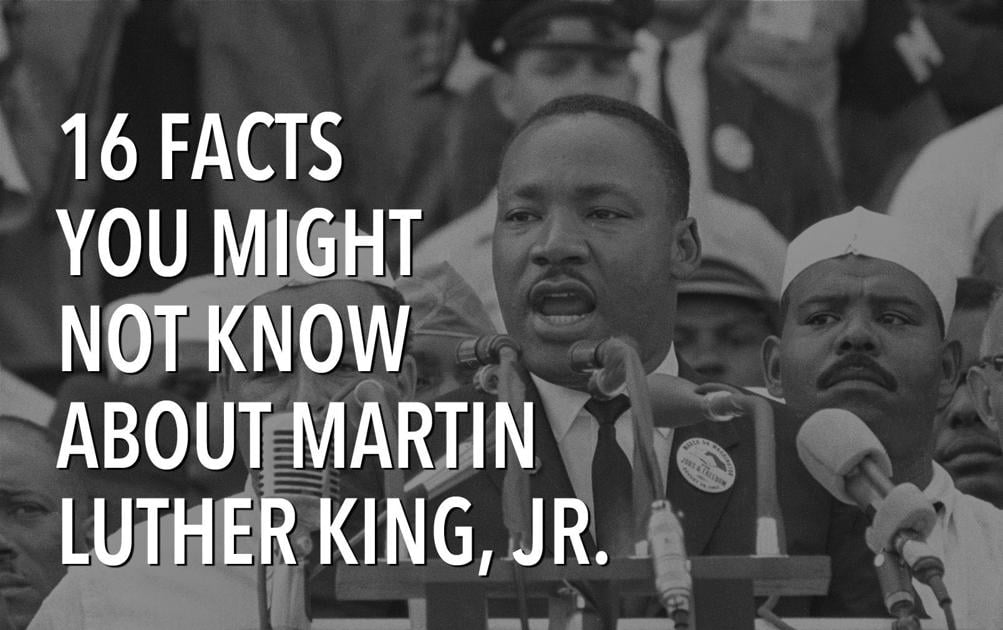
Martin Luther King Jr attended Booker T. Washington High School in Atlanta. He was only 15 years old when he graduated from high school and went on to attend Morehouse College, a historically black college in Atlanta. He graduated from Morehouse College with a Bachelor of Arts degree in sociology in 1948. He then attended Crozer Theological Seminary in Chester, Pennsylvania, where he earned a Bachelor of Divinity degree in 1951. He completed his doctorate in systematic theology from Boston University in 1955.
Activism
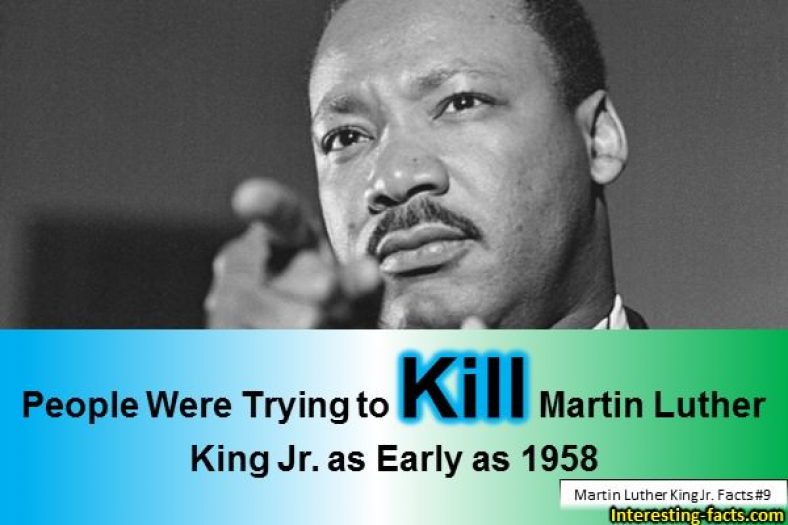
Martin Luther King Jr was a prominent activist in the civil rights movement. He led the Montgomery bus boycott in 1955, which was a protest against the policy of racial segregation on the public transit system in Montgomery, Alabama. He was also a key figure in the organization of the March on Washington for Jobs and Freedom in 1963, where he delivered his famous "I Have a Dream" speech. Martin Luther King Jr was awarded the Nobel Peace Prize in 1964 for his efforts to end racial discrimination and segregation through nonviolent means.
Assassination
Martin Luther King Jr was assassinated on April 4, 1968, in Memphis, Tennessee. He was standing on the balcony of the Lorraine Motel when he was shot by James Earl Ray. He was rushed to a nearby hospital, but he was pronounced dead less than an hour later. His death sparked riots in over 100 cities across the United States.
Legacy
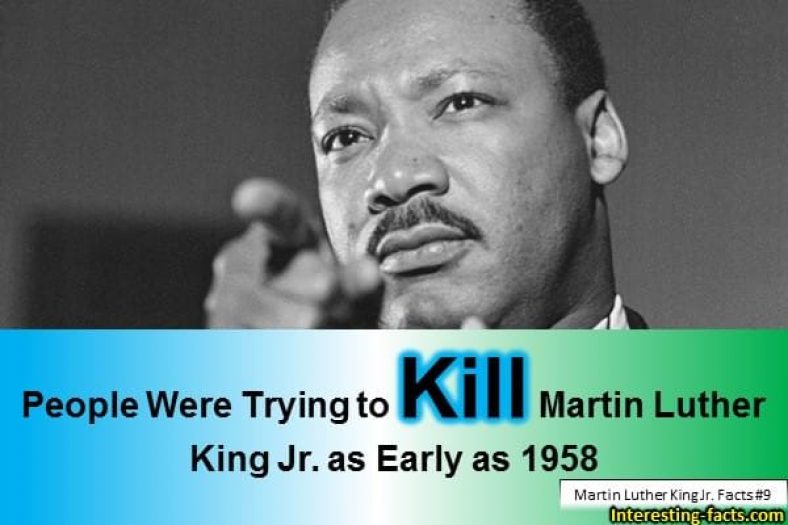
Martin Luther King Jr's legacy lives on today. He is remembered as a hero who fought for civil rights and equality for all people. His "I Have a Dream" speech is still one of the most famous speeches in American history. Martin Luther King Jr Day is a federal holiday in the United States, celebrated on the third Monday in January, in honor of his birthday. The Martin Luther King Jr Memorial in Washington, D.C., is a popular tourist attraction that honors his life and legacy.
Family
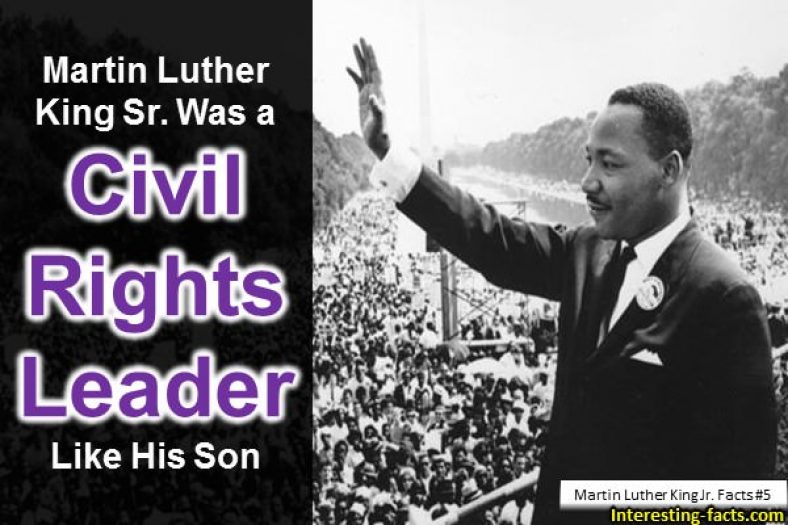
Martin Luther King Jr was married to Coretta Scott King, and they had four children: Yolanda, Martin Luther King III, Dexter, and Bernice. After his death, Coretta Scott King continued to be a prominent civil rights leader until her death in 2006. Martin Luther King III and Bernice King have also become prominent civil rights activists in their own right.
Beliefs
Martin Luther King Jr was a Christian minister who believed in the power of nonviolent resistance to bring about social change. He was inspired by the teachings of Jesus Christ and the nonviolent resistance movements of Mahatma Gandhi. He believed that all people were created equal and deserved to be treated with dignity and respect, regardless of their race, gender, or religion.
Speeches
Martin Luther King Jr was a gifted public speaker who delivered many memorable speeches throughout his career. His "I Have a Dream" speech is perhaps his most famous speech, but he also delivered other powerful speeches such as "I've Been to the Mountaintop" and "Beyond Vietnam: A Time to Break Silence."
Books
Martin Luther King Jr was also a prolific writer who authored several books during his lifetime. His most famous book is "Stride Toward Freedom," which tells the story of the Montgomery bus boycott. He also wrote "Why We Can't Wait," which chronicles the events leading up to the March on Washington, and "Where Do We Go from Here: Chaos or Community?" which discusses his vision for the future of the civil rights movement.
Statues and Monuments
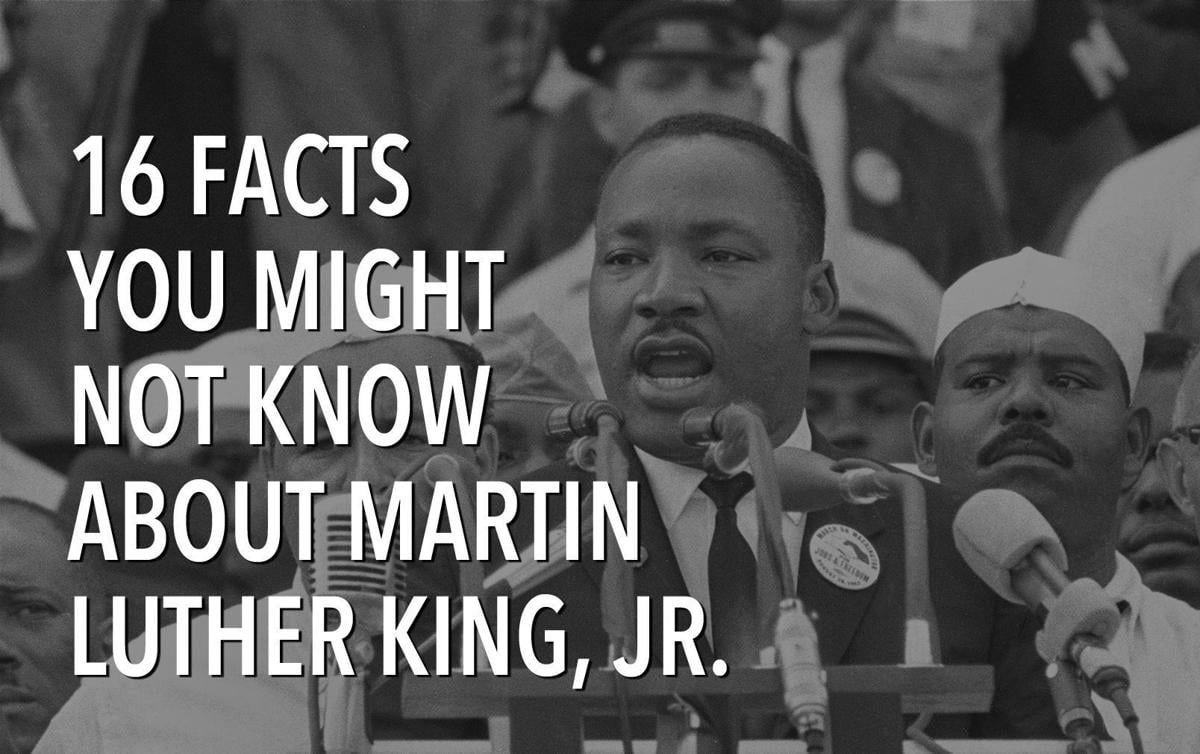
There are many statues and monuments dedicated to Martin Luther King Jr throughout the United States. In addition to the Martin Luther King Jr Memorial in Washington, D.C., there are statues of him in Atlanta, Georgia, where he was born and raised, and in many other cities across the country. There are also many streets, schools, and other buildings named after him.
Music
Martin Luther King Jr was a fan of music and often used music as a way to bring people together in his activism. He was particularly fond of gospel music, and often invited gospel singers to perform at his rallies and protests. He was also friends with many musicians, including Harry Belafonte and Stevie Wonder.
Relationship with Malcolm X

Martin Luther King Jr and Malcolm X were two of the most prominent civil rights leaders of their time, but they had very different approaches to activism. Malcolm X was a proponent of black nationalism and believed in using violence to achieve his goals, while Martin Luther King Jr believed in nonviolent resistance. Despite their differences, they did meet once in 1964, and there is evidence to suggest that they were beginning to move toward a more collaborative relationship before Malcolm X was assassinated in 1965.
Nonviolent Resistance
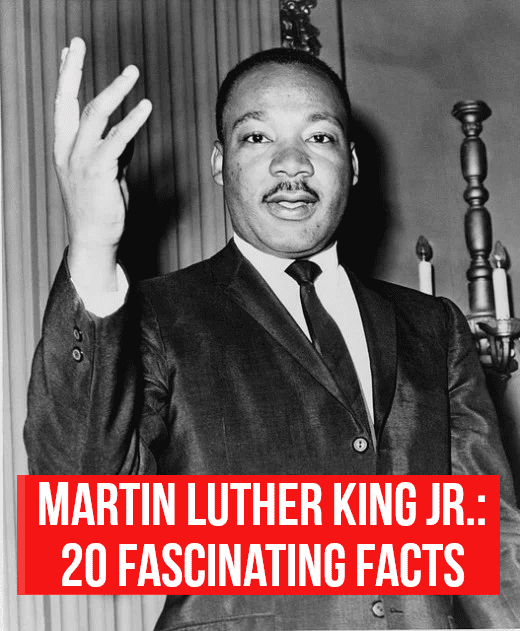
Martin Luther King Jr was a strong advocate of nonviolent resistance, which he believed was the most effective way to bring about social change. He believed that nonviolent resistance was more powerful than violence because it did not give the oppressor an excuse to use violence in return. He also believed that nonviolent resistance was a way to win the hearts and minds of the public, which was essential for bringing about lasting change.
Selma to Montgomery March

The Selma to Montgomery march was a series of protests and marches that took place in 1965, as part of the civil rights movement. The marches were organized to demand voting rights for African Americans, who had been disenfranchised by discriminatory voting laws. The first march, on March 7, became known as "Bloody Sunday" because state troopers violently attacked the marchers. Martin Luther King Jr led the second march, which was successful in reaching Montgomery.
March on Washington

The March on Washington for Jobs and Freedom, also known as the Great March on Washington, was a political demonstration that took place in Washington, D.C., in 1963. It was organized by civil rights leaders, including Martin Luther King Jr, to demand civil and economic rights for African Americans. The march culminated in King's "I Have a Dream" speech, which is considered one of the greatest speeches in American history.
Montgomery Bus Boycott

The Montgomery bus boycott was a political and social protest campaign against the policy of racial segregation on the public transit system in Montgomery, Alabama. The boycott lasted from December 5, 1955, to December 20, 1956, and is regarded as the first large-scale demonstration against segregation in the United States. Martin Luther King Jr played a key role in organizing the boycott, which was ultimately successful in ending the policy of segregation on the Montgomery public transit system.
Memphis Sanitation Strike

The Memphis sanitation strike was a labor strike that took place in 1968, in Memphis, Tennessee. It was organized by African American sanitation workers who were protesting against low wages, poor working conditions, and racial discrimination. Martin Luther King Jr traveled to Memphis to support the striking workers, and he delivered his famous "I've Been to the Mountaintop" speech just one day before he was assassinated.
Birmingham Campaign
The Birmingham campaign was a series of protests and marches that took place in Birmingham, Alabama, in 1963. The protests were organized by civil rights leaders, including Martin Luther King Jr, to challenge the city's segregation laws. The campaign was marked by violent clashes between protesters and police, and King was arrested and jailed during the campaign. The protests were ultimately successful in ending segregation in Birmingham.
Civil Rights Act of 1964

The Civil Rights Act of 1964 was a landmark piece of legislation that outlawed discrimination on the basis of race, color, religion, sex, or national origin. The bill was signed into law by President Lyndon B. Johnson on July 2, 1964, and was a major victory for the civil rights movement. Martin Luther King Jr played a key role in advocating for the bill and was present at the signing ceremony.
Voting Rights Act of 1965

The Voting Rights Act of 1965 was a federal law that prohibited racial discrimination in voting. The law was signed into law by President Lyndon B. Johnson on August 6, 1965, and was a major victory for the civil rights movement. Martin Luther King Jr played a key role in advocating for the law and was present at the signing ceremony.
Meta Description:
Learn about Martin Luther King Jr, the famous civil rights leader who fought for equality and civil rights in the United States. Discover interesting facts about his life, activism, beliefs, and legacy.
Meta Keywords:
Martin Luther King Jr, civil rights, activism, nonviolent resistance, speeches, books, legacy, family, beliefs, Montgomery bus boycott, Selma to Montgomery march, March on Washington, Memphis sanitation strike, Birmingham campaign, Civil Rights Act of 1964, Voting Rights Act of 1965